|
HOME
Welcome to hypoventilation-training.com!
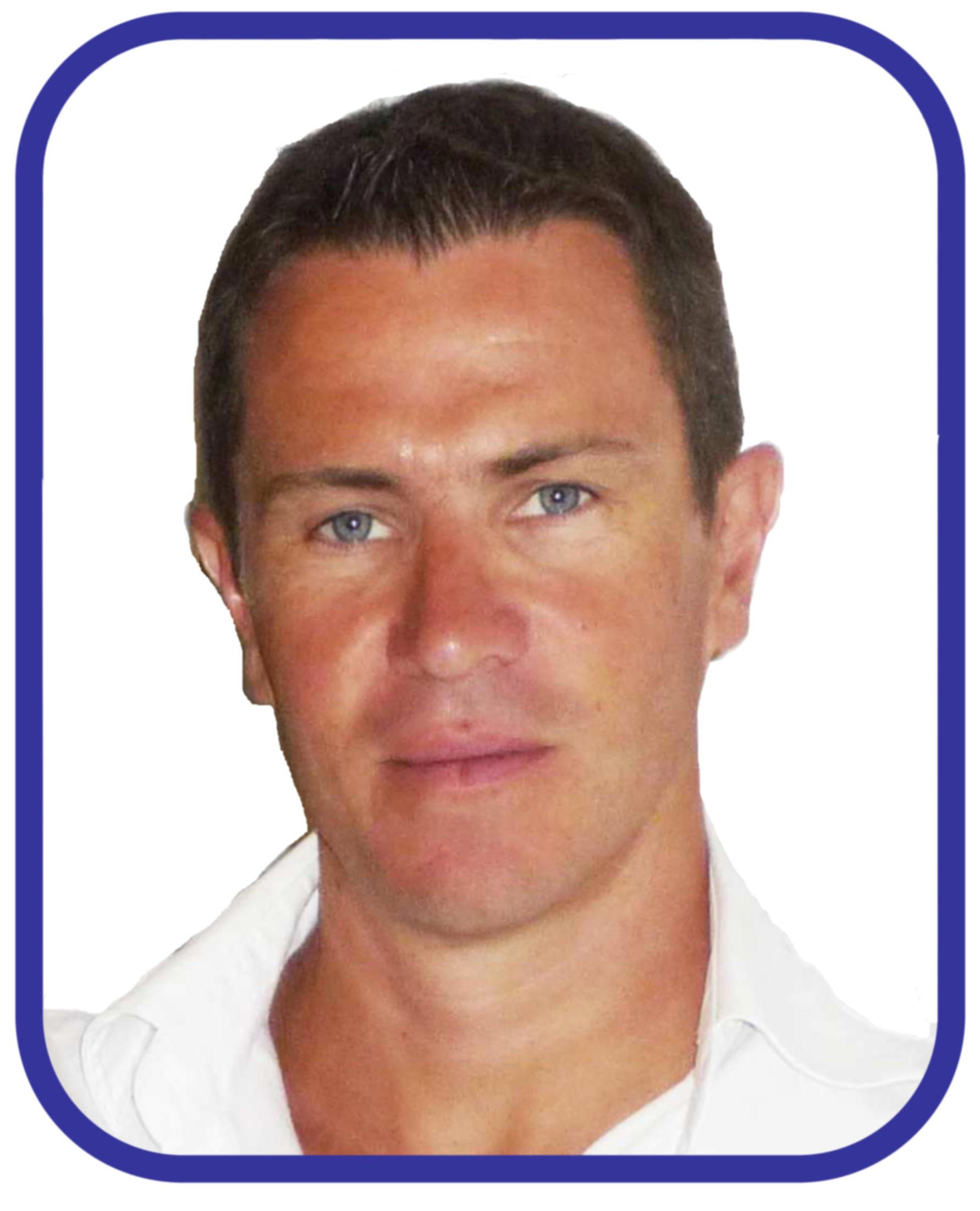 This site has been made and designed by the Association for
Research and Promotion of Hypoventilation Training (ARPEH). This site has been made and designed by the Association for
Research and Promotion of Hypoventilation Training (ARPEH).
The aim of ARPEH is to put forward an innovative sporting training
method, which is the result of several years of
scientific research:
hypoventilation training.
Empirically applied in the 1950s by runners from Eastern
Europe, among which the famous
Czech
athlete
Emil Zátopek, hypoventilation training was then
massively performed in swimming from the early 1970s at the american trainer's
instigation James Counsilman.
The scientifc studies undertaken since the mid 2000s have enabled to develop a
training method that can be used in a
great number of sports requiring intense exertion: athletics,
swimming, cycling, combat sports, team sports, racket sports...
2015 has been a historic turning point
for hypoventilation training. While, so far, the method had been
used at moderate exercise intensities at the most, it had been
applied for the first time at high and maximal exericse
intensities. The first studies published in 2016 and 2017 show
very significant effects for performance enhancement. The
studies that have just been completed and that will be published
in the next few months confirm this trend towards large
performance improvement.
The objective of ARPEH is therefore to continue to conduct studies on hypoventilation training to
make this method even more effective. To do so, we undertake different
activities
to collect the money that will allow financing the future researches.
All people directly or indirectly involved in human physical
performance can discover through this website a method that
enables to train virtually at altitudes above 2000 m without
leaving sea level and without using expensive and heavy devices.
While browsing this website, you will learn
what hypoventilation means and how
hypoventilation training has evolved through
History.
You will also find an answer to the most frequently asked
questions (FAQ) and you can consult the
references
concerning the studies on hypoventilation training. Do not hesitate to read the
news to have the
latest information about hypoventilation training.
Hypoventilation training is an innovative and natural training
method, which, if well applied, can help athletes boost their
performance while respecting sporting ethics. Thanks to
hypoventilation training, it is possible to make progress and
push one's limits in accordance with Pierre de Coubertin's
philosophy:
"Faster, Higher, Stronger"
Xavier Woorons
Ph.D in Human
Biology,
Expert in
exercise physiology,
Qualified teacher in Physical Education
Président and
founder of ARPEH,
Teacher-Researcher associated to Paris 13 University,
Laboratory
"Cellular and functional responses to hypoxia"
Main contributors to the
scientific studies on hypoventilation training
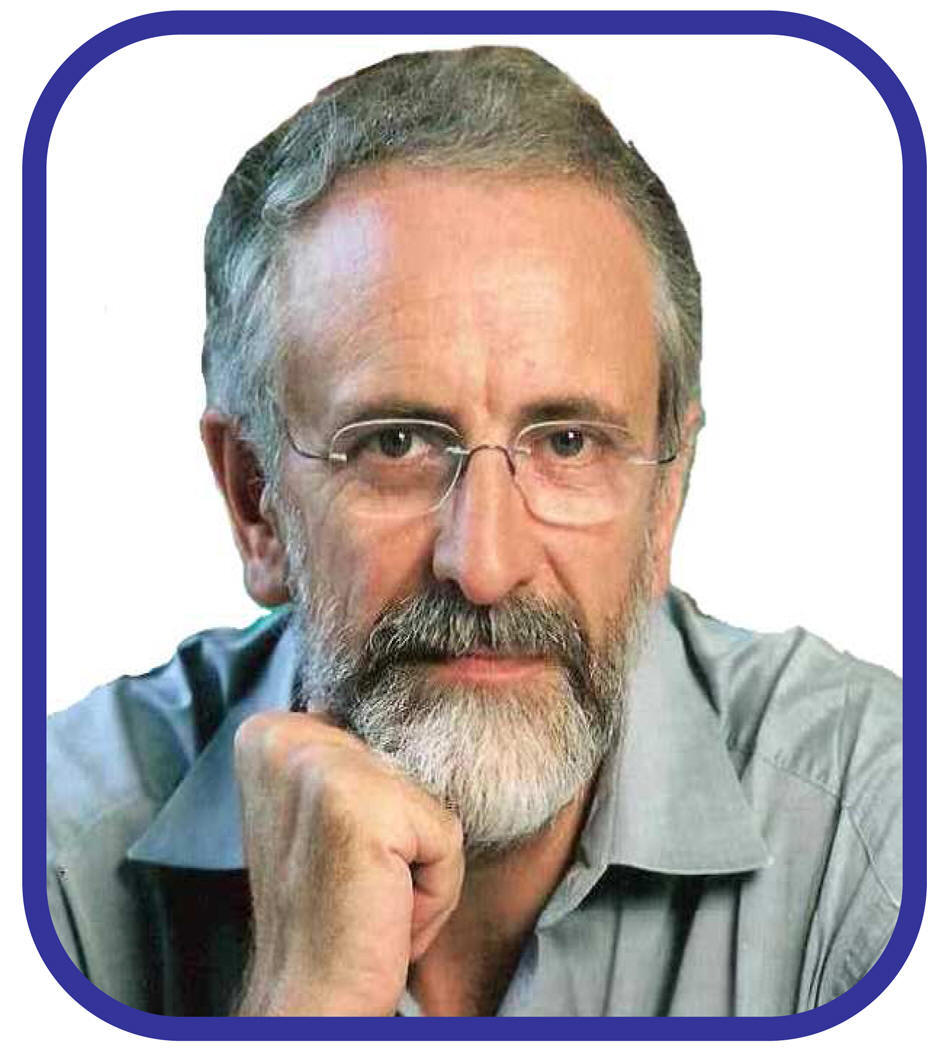 Prof. Jean Paul
Richalet. Doctor in Medicine,
Ph.D in Natural Sciences, qualified in Biomathematics,
University Professor in Physiology.
He was the Director of the
laboratory "Cellular and
functional responses to hypoxia" and the Scientific
Director of the
"Association pour la recherche en physiologie de
l'Environnement". He is one of the world's greatest experts
in the area of altitude medicine and altitude physiology. He has
published more than 200 scientific articles in international
journals. Prof. Jean Paul
Richalet. Doctor in Medicine,
Ph.D in Natural Sciences, qualified in Biomathematics,
University Professor in Physiology.
He was the Director of the
laboratory "Cellular and
functional responses to hypoxia" and the Scientific
Director of the
"Association pour la recherche en physiologie de
l'Environnement". He is one of the world's greatest experts
in the area of altitude medicine and altitude physiology. He has
published more than 200 scientific articles in international
journals.
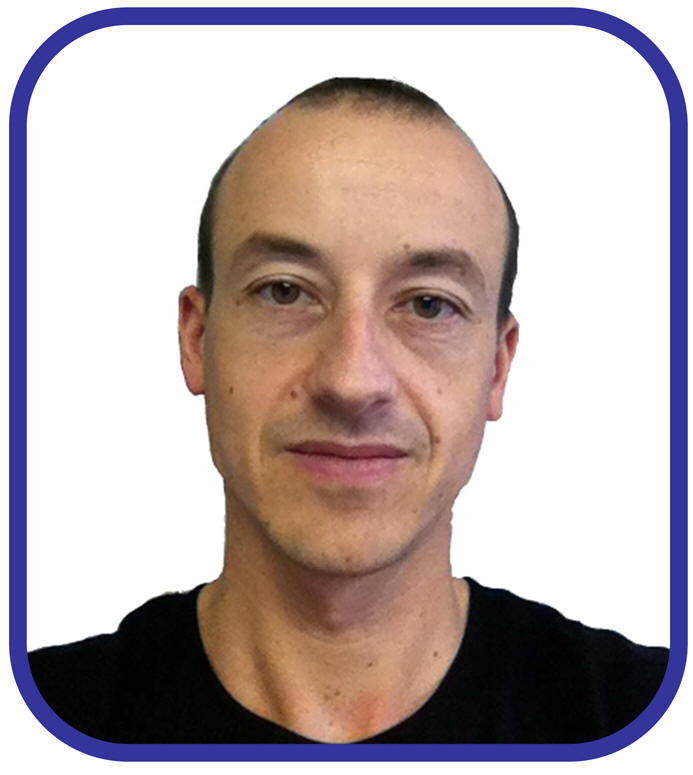 Dr.
Aurélien Pichon. Ph.D in Sport Sciences and Professor of
Physiology, he works as a
Teacher-Researcher and is the Director of the University of
Sport Sciences of Poitier (France). Expert in exercise physiology, he is
the author or co-author of more than 60 articles published in
international scientific journals and of two book chapters. His
researches focus on both man and animal exposed to hypoxic
conditions at rest, during exercise or during physical training. Dr.
Aurélien Pichon. Ph.D in Sport Sciences and Professor of
Physiology, he works as a
Teacher-Researcher and is the Director of the University of
Sport Sciences of Poitier (France). Expert in exercise physiology, he is
the author or co-author of more than 60 articles published in
international scientific journals and of two book chapters. His
researches focus on both man and animal exposed to hypoxic
conditions at rest, during exercise or during physical training.
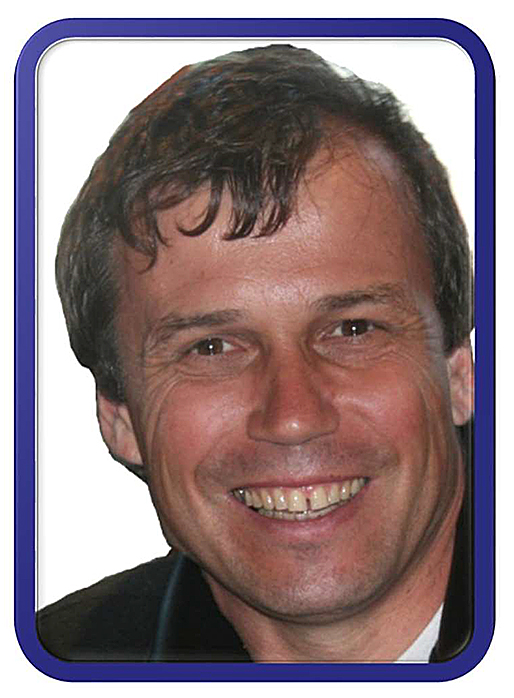 Prof.
Grégoire Millet. Ph.D in Sport Sciences and Professor of
Physiology at the Institute of Sport Science of the Univerity of
Lausanne (Switerzland), he is one of the most prolific
researchers in the area of sport science with more than 320
publications in international Journal. His works concern in
particular the physiological responses to exercise and training
in altitude. He is the instigator of the repeated sprint
training in hypoxia (RSH) whose effectiveness for improving
performance in intermittent sports has been demonstrated in many
studies and which is used by many teams of high level. Prof.
Grégoire Millet. Ph.D in Sport Sciences and Professor of
Physiology at the Institute of Sport Science of the Univerity of
Lausanne (Switerzland), he is one of the most prolific
researchers in the area of sport science with more than 320
publications in international Journal. His works concern in
particular the physiological responses to exercise and training
in altitude. He is the instigator of the repeated sprint
training in hypoxia (RSH) whose effectiveness for improving
performance in intermittent sports has been demonstrated in many
studies and which is used by many teams of high level.
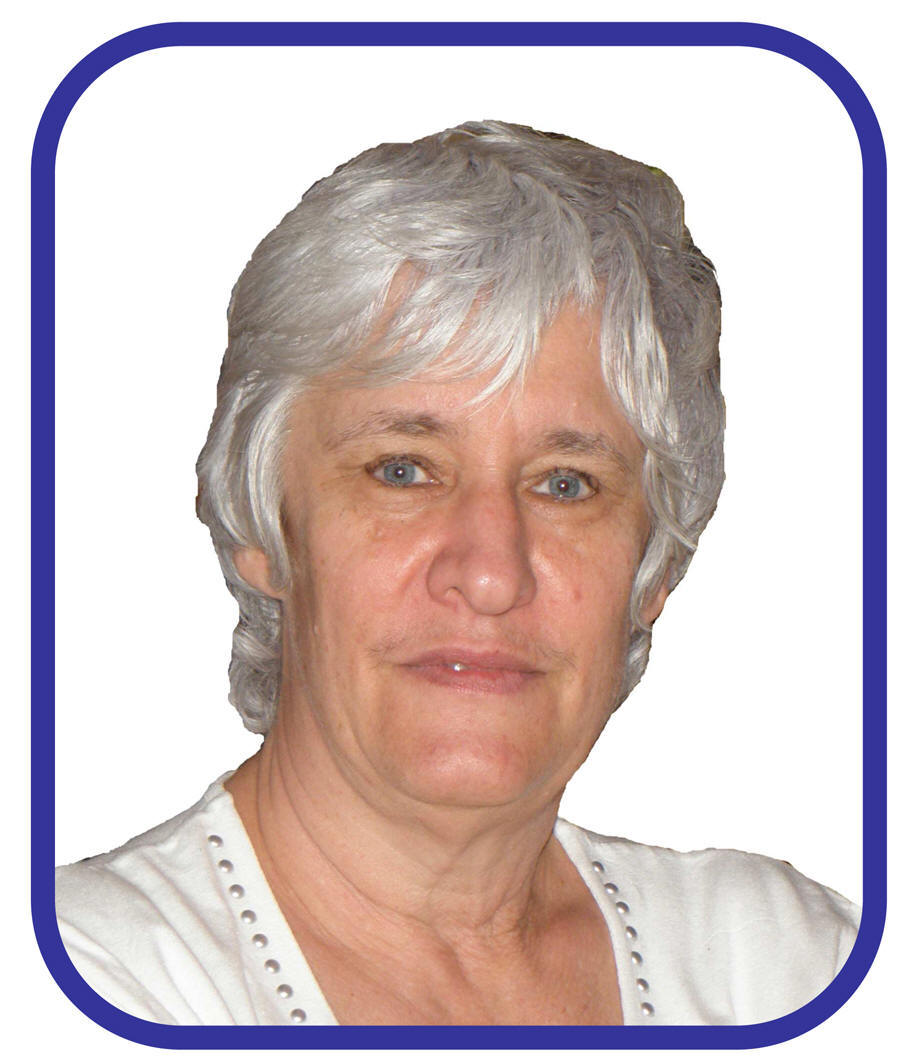 Dr.
Christine Lamberto. Doctor in
Medecine, she works as a Teacher-Researcher in Paris 13
University and as hospital doctor. She is specialized in respiratory
physio-pathology and in exercise physiology (35-year
experience). She is the author or co-author of about 40 articles
published in international scientific journals and is involved
in the writting of two book chapters dealing with Medicine. Dr.
Christine Lamberto. Doctor in
Medecine, she works as a Teacher-Researcher in Paris 13
University and as hospital doctor. She is specialized in respiratory
physio-pathology and in exercise physiology (35-year
experience). She is the author or co-author of about 40 articles
published in international scientific journals and is involved
in the writting of two book chapters dealing with Medicine.
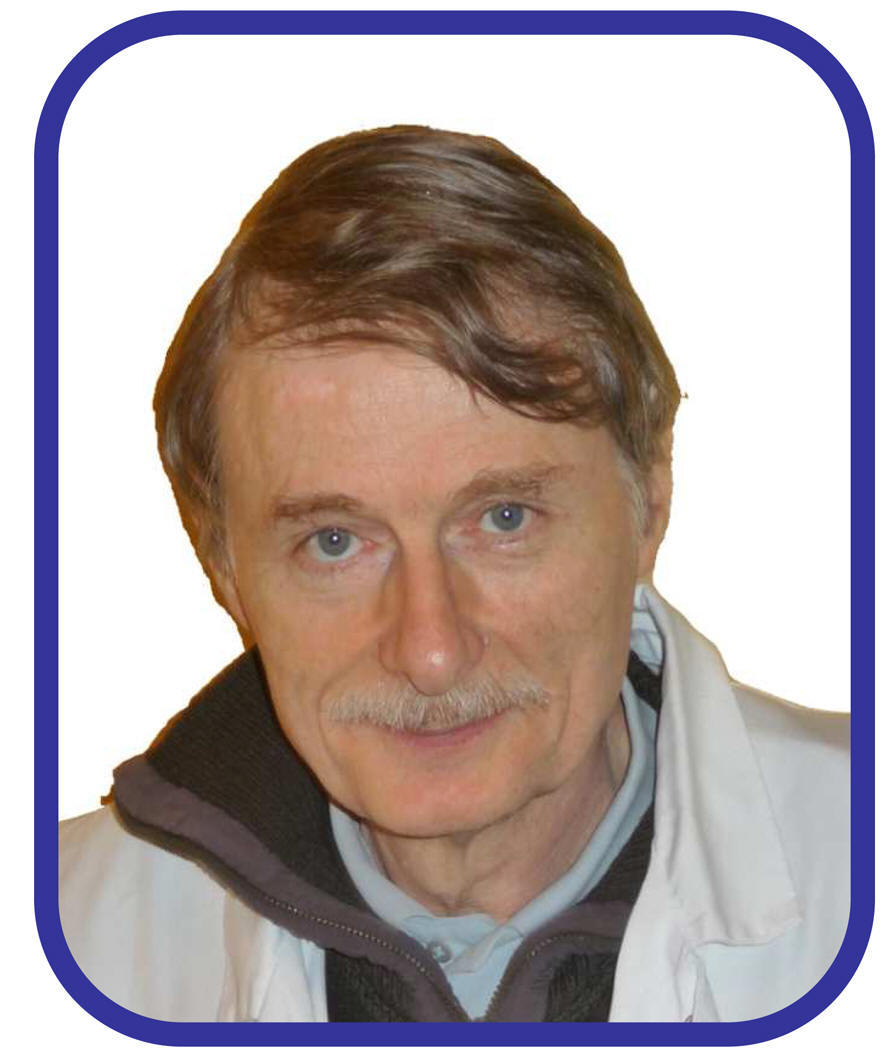 Dr.
Henri Vandewalle.
Doctor in
Medicine, Teacher-Researcher in Physiolgoy, he works as a
hospital doctor in
the "Service des Explorations
Fonctionnelles" in Avicenne Hospital of Paris Nord. He
has a 30-year experience in the area of exercise physiology and
is the author or co-author of more than 60 articles published in
international scientific journals. He has presented his
scientific works in many international conferences or
congresses. Dr.
Henri Vandewalle.
Doctor in
Medicine, Teacher-Researcher in Physiolgoy, he works as a
hospital doctor in
the "Service des Explorations
Fonctionnelles" in Avicenne Hospital of Paris Nord. He
has a 30-year experience in the area of exercise physiology and
is the author or co-author of more than 60 articles published in
international scientific journals. He has presented his
scientific works in many international conferences or
congresses.
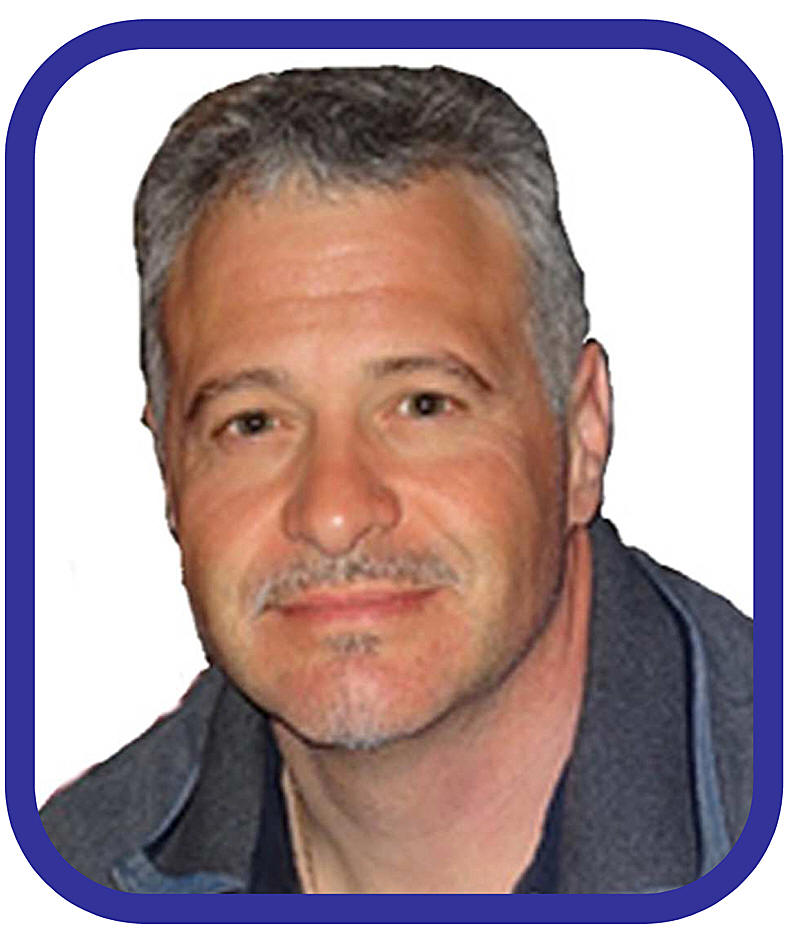 Pr.
Patrick Mucci.
Ph.D in Sport
Sciences and Professor of Physiology at the Faculty of Sport
Science and Physical Education of the Lille University (Northern
France). He works in particluar on the physiological factors
(pulmonary, blood and muscle) limitng the aerobic performance.
He has published more than 50 articles in international
scientific journals. Pr.
Patrick Mucci.
Ph.D in Sport
Sciences and Professor of Physiology at the Faculty of Sport
Science and Physical Education of the Lille University (Northern
France). He works in particluar on the physiological factors
(pulmonary, blood and muscle) limitng the aerobic performance.
He has published more than 50 articles in international
scientific journals.
|
